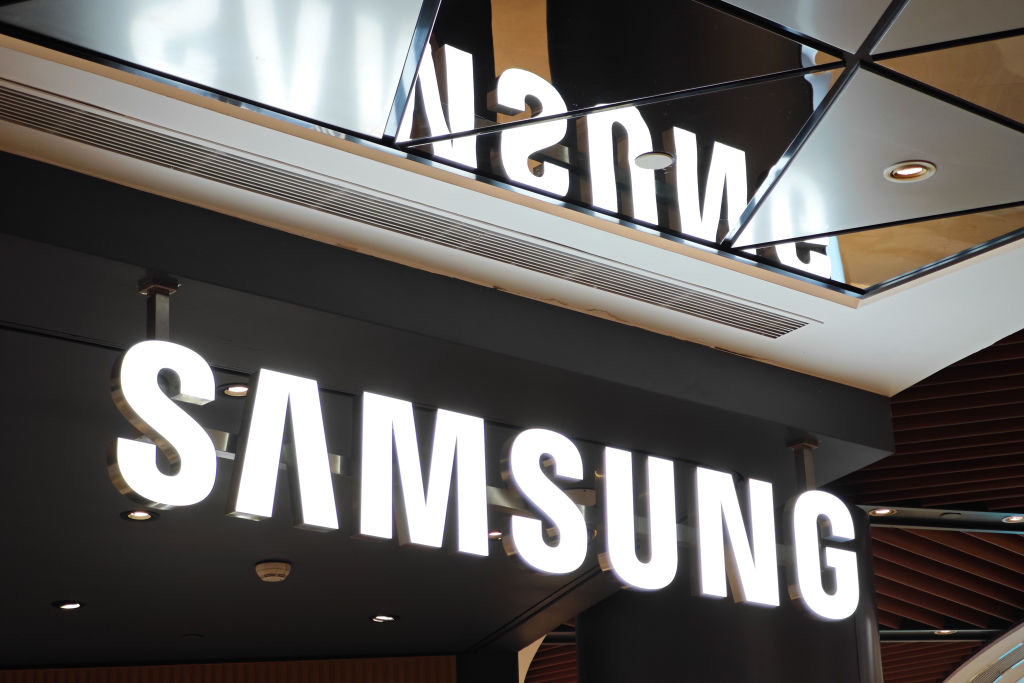Samsung Electronics, a pioneer in the semiconductor industry, is facing significant challenges as the global memory market shifts toward artificial intelligence (AI)-focused technologies.
The company’s three-decade reign as the world’s leading memory chipmaker is under pressure, largely due to its slower response to the growing demand for high bandwidth memory (HBM), a critical component in AI accelerators, reports Yonhap news agency.
The tech giant entered the semiconductor business in December 1974 after acquiring Korea Semiconductor under the vision of the late Chairman Lee Kun-hee and quickly established itself as an industry leader.
In 1983, the company developed its first 64-kilobyte DRAM, paving the way for breakthroughs like the industry’s first 64-megabit DRAM in 1992 and the world’s first 1-gigabit DRAM in 1996.
Over the years, Samsung Electronics maintained its dominance through innovations such as the 20-nanometer (nm) DRAM in 2011, 10nm-class DRAM in 2016, and the world’s first mass production of 3nm foundry chips in 2022.
These innovations and world-first titles enabled Samsung Electronics to hold a commanding share in the DRAM market for 30 years.
However, a seismic shift sparked by the AI revolution has disrupted the traditional memory market, with demand moving from general-purpose DRAM to AI-optimized chips like HBM.
Samsung Electronics has failed to prepare for the rapidly shifting trend and invested less in HBM than its competitors.
SK hynix Inc. has aggressively invested in this technology, securing a near-monopoly by supplying HBM chips to Nvidia, the dominant player in AI accelerators.
According to recent market data, Samsung Electronics led the DRAM market with a 41.1 percent share in the third quarter of 2024, down slightly from 45.1 percent at the end of 2022, just before the HBM market opened up. SK hynix, however, saw its share jump to 34.4 percent from 27.7 percent over the cited period on the back of stellar sales of its HBM chips.
This market situation prompted Samsung Electronics to issue a rare public apology for its disappointing performance and the business crisis the company is facing following its third-quarter earnings in October.
“Samsung Electronics’ image as being at the ‘top of technology’ has been tarnished by the weakening of its competitiveness as revealed by HBM,” said Lee Seung-woo, an analyst at Eugene Investment & Securities Co.
“It might take longer than expected for Samsung to restore fundamental competitiveness, but it is the beginning of a positive change that the company is talking about the problem rather than hiding it.”
To regain its edge, Samsung Electronics has shifted its focus to HBM development, aiming to close the gap with competitors. The company is prioritizing the delivery of fifth-generation HBM3E to Nvidia and plans to begin mass production of sixth-generation HBM4 in the second half of next year.
Additionally, Samsung Electronics is expanding investment in emerging memory technologies, such as Compute Express Link, Process-in-Memory, and enterprise SSDs, which are critical for AI servers.
-(IANS)




















